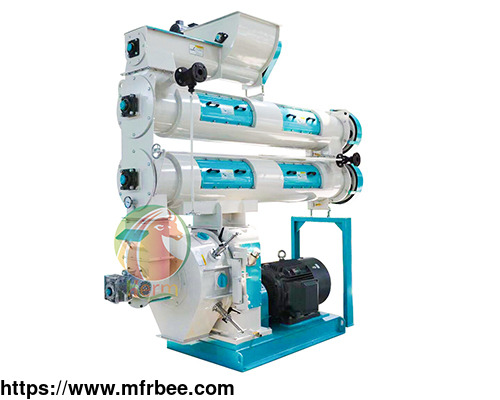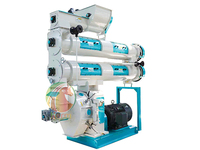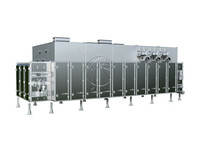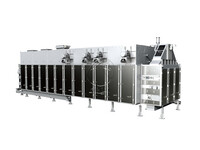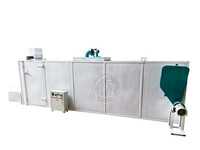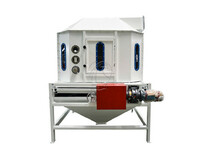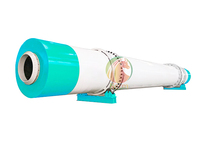SZLHM Grass Feed Pellet Machine
Product Quick Detail
- FOB Price
- USD $2,000.00 / Piece
- Minimum Order
- 1
- Place Of Origin
- China
- Packaging
- N/A
- Delivery
- 45 Days
Specifications
Grass Feed Pellet Machine Introduction
It is a professional industrial use of grass pellet machinery that produces grass pellets. The key to grass pelletizing is the water content of the raw grass. First of all, we must measure the moisture content of the raw materials. Then, regulate it to an appropriate value by adding water or sun-drying. Research shows that the best moisture content for leguminous forage grass pellets is 14% to 16%. For Gramineae forage grass pellets it is 13% to 15%. Grass pellets can also be used as fuel for heating if the moisture is accurately controlled. Grass pellets may produce more ash than wood pellets, and the calories in grass pellets are not so much as in wood pellets, but grass pellets have still a well-accepted method in Europe for a long time. In a word, the grass pellets are an excellent choice for both feed and fuel.
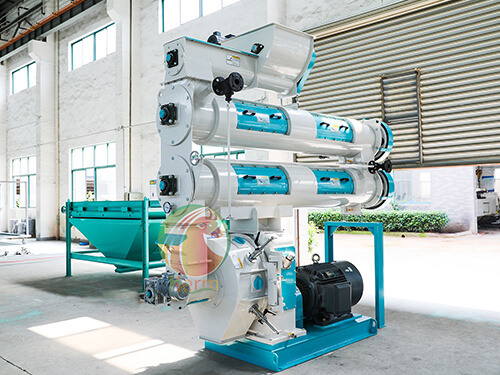
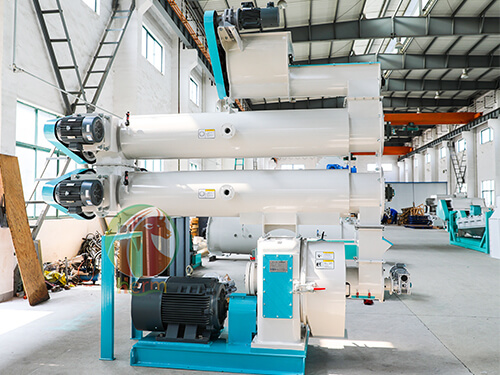
Grass Feed Pellet Machine Features
1. The grass feed pellet machine with a special feeding mechanism, uniform, and reliable feeding. It is specially designed for pressing pasture, hops, straws, and other materials with light bulk density.
2. The main transmission adopts high-precision gear transmission, the ring mold adopts quick-release hoop type, and the output is about 20% higher than that of the belt-driven type.
3. The transmission part of the whole machine adopts Swiss and Japanese high-quality bearings to ensure efficient, stable, and reliable transmission.
4. The alloy steel ring die is manufactured by international advanced equipment and technology, with long service life, smooth grain output, and high quality.
5. Internationally advanced compensating serpentine spring coupling with excellent performances such as novel structure, compactness, safety, low noise, and low failure

- Country: China (Mainland)
- Business Type: Henan Herm Machinery Co., Ltd.,Manufacturer
- Market: Africa,Middle East
- Founded Year: 2010
- Address: No.50 Futing Road, Fugou Industrial Park,Fugou County
- Contact: Merry Zhang
